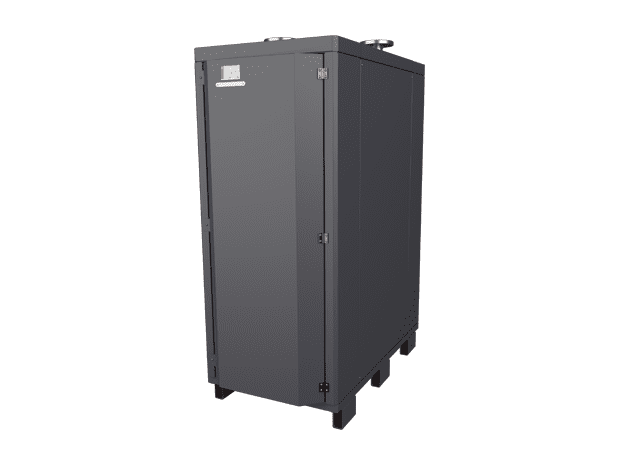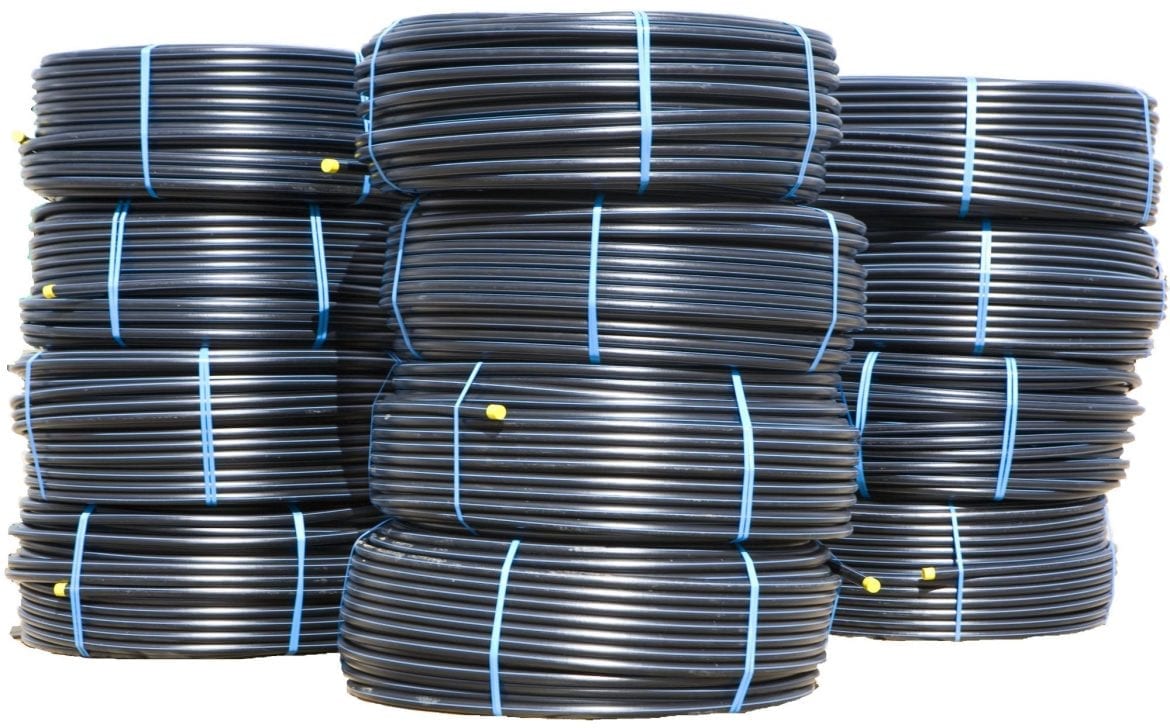The Kensa Group, the UK’s leading manufacturer and installer of ground source heat pumps, has welcomed the Committee for Climate Change’s (CCC) recommendation that gas boiler installations should be outlawed in new homes by 2025.
In response to the Committee’s call for a more sustainable infrastructure to heat our homes, Simon Lomax, CEO of the Kensa Group says:
We wholly embrace the CCC’s call for urgent action and would hope the Government would look to introduce this requirement before 2025. The report identified a skills gap, but the knowledge and technology is already here and is deploying at scale in more challenging retrofit applications.
Kensa recently installed England’s largest residential ground source heat pump installation at eight high-rise tower blocks owned by the London Borough of Enfield. This project featured the ‘shared ground loop array’ infrastructure which effectively takes the place of the gas network and serves an individual heat pump and hot water cylinder installed inside each dwelling.
Lomax says:
Government has delayed the introduction of any effective regulations that will encourage the deployment of heat pumps in new build housing. Thankfully, the Greater London Authority (GLA) has lost its patience and now requires planning applicants to base their energy strategies on the forthcoming carbon intensity factors proposed for the next generation of SAP, the software that demonstrates compliance with building regulations. As a result, London will lead the way.
The expected increase in heat pump deployment prompted the GLA to commission a 2018 report, ‘Low Carbon Heat: Heat Pumps In London’. Kensa’s shared ground loop infrastructure is described in the report as ‘the most efficient, lowest carbon, and lowest cost solution when utilised in new build houses compared to various air source, direct electric, gas and CHP configurations’.
Lomax continues:
For fast-track projects, shared ground loop installations qualify for subsidy support via the Non Domestic Renewable Heat Incentive (RHI: this scheme has now closed – please visit this page to explore other funding), which runs until Spring 2021. Beyond that, it is likely that entities will emerge to fund, own and maintain the ground arrays in return for an annual connection fee so any developer can sidestep the cost burden. This will ensure that more efficient, reliable and durable ground source heat pumps will cost no more than air source heat pumps. In time, more innovative models will emerge which sell energy as a service for a fixed fee to any householder; a ground source heat pump is perfectly suited to this innovation.
Whilst the headlines focus on the deployment of heat pumps in new builds, the Committee for Climate Change report also claims insulation levels must be significantly increased in current homes if heat pumps are to be deployed at scale to our existing housing stock, blaming the stalled uptake of insulation as a major contributing factor to the increase in household emissions last year. However Kensa questions the Committee’s suggestion that insulation is a pre-requisite before a heat pump installation. According to Dr Matthew Trewhella, Managing Director of Kensa Contracting:
The vast majority of Kensa Contracting’s large-scale retrofit works are in social properties with an EPC rating of D or lower. Delta-E, in its December 2018 study into the ‘Technical Feasibility of Electric Heating in Rural Off-Gas Grid Dwellings’, reported that, ‘based on average peak winter day temperatures, around 84% of homes can be electrified at their current level of insulation. This increases to around 93% if all suitable homes have loft & wall insulation installed’. Whilst we strongly encourage the roll out of insulation to reduce household emissions, this should not be seen as a requirement before the retrofit of a ground source heat pump.










